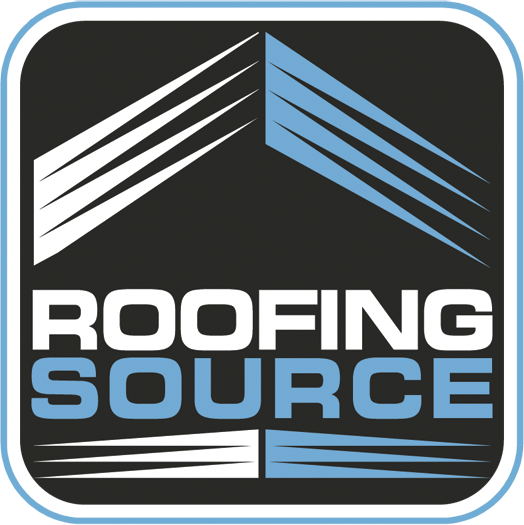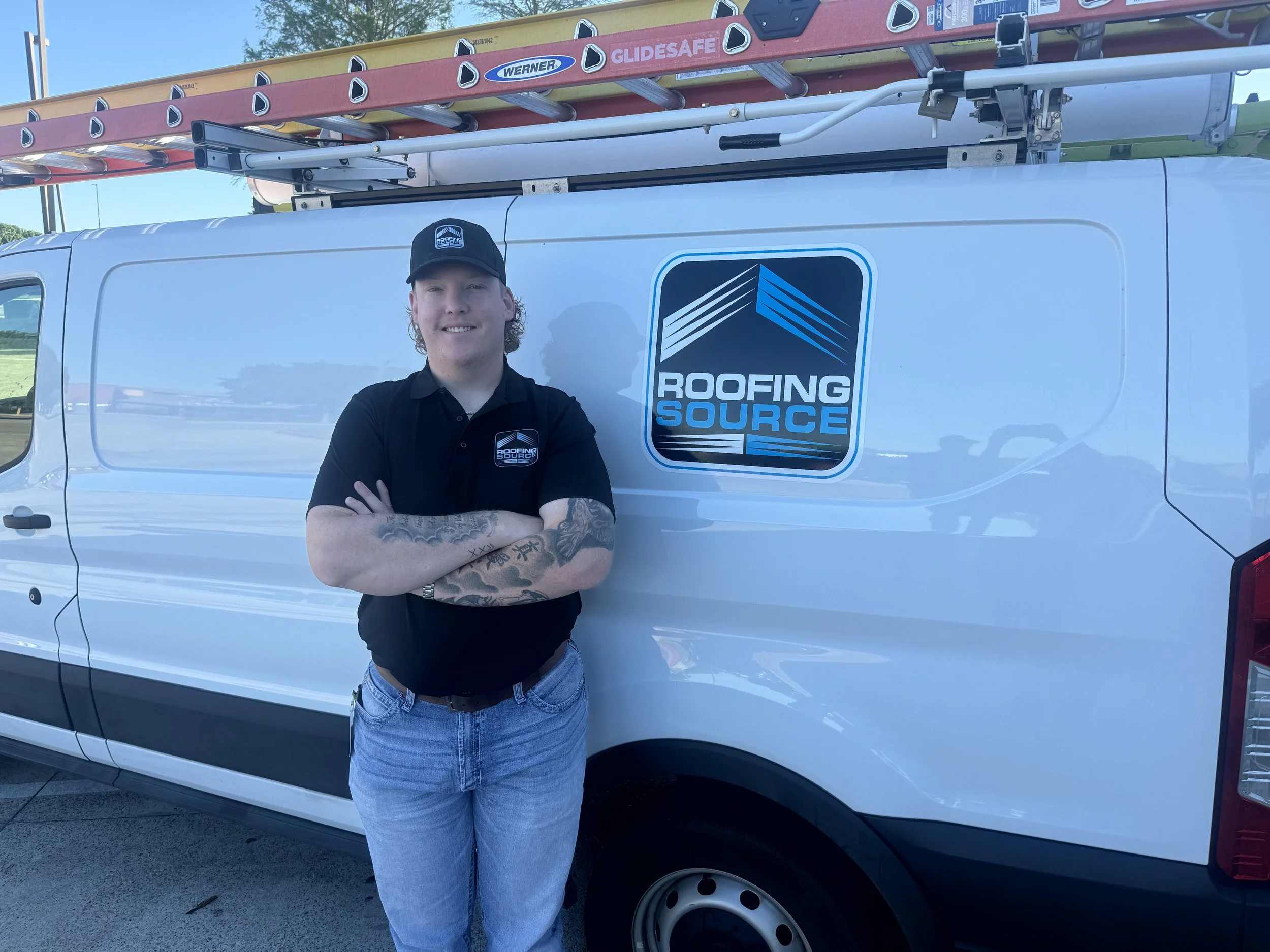Polyvinyl Chloride also known as PVC
PVC is the world’s third-most widely produced synthetic plastic polymer after polyethylene and polypropylene and is manufactured by our partner Duro-Last. PVC roof systems have high grease and chemical resistance, which is favorable for restaurants. This membrane is available in white, tan, and gray, with the white and tan being energy star rated.
Cons of PVC:
Is not durable against third-party damage
Costs more than TPO
Requires specific sealants
Fractures poorly with age
Pros of PVC:
Holds up well against ponding water
Resists grease
Acts as an environmentally friendly option
Keeps resistance to wind, moisture, fire, and chemicals
Proper maintenance significantly prolongs its life
Has more flexibility than TPO
Best Uses for PVC:
Restaurants with grease containment
Buildings in regions with plenty of sun as PVC’s reflective properties are high
Cost of PVC: High
Written by
Dylan Shealy
Field Support Representative
Have a question or need help making a decision for your roof?
Complete the form and a member of our team will be in touch ASAP.



